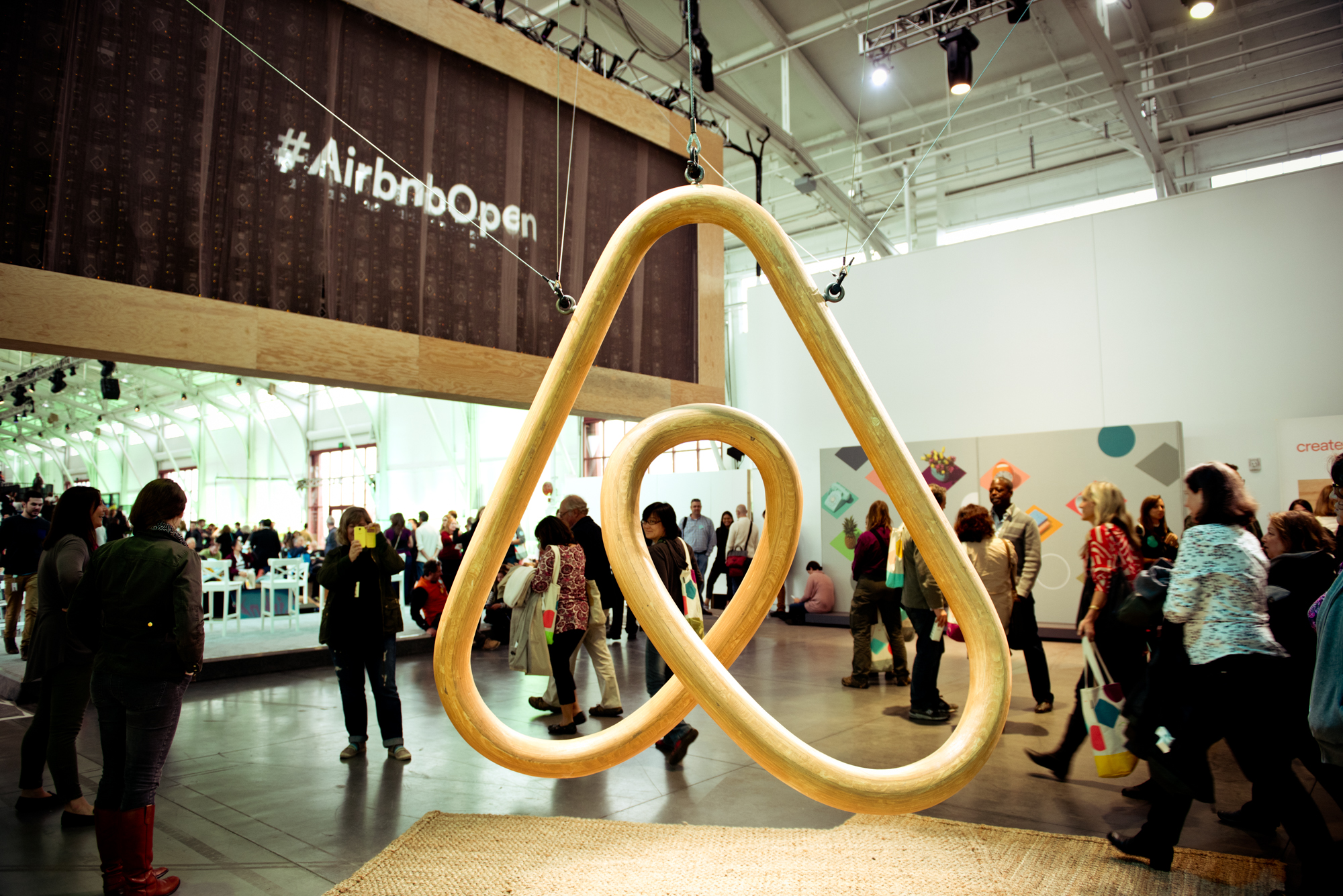At the end of 2015, hotel operators, investors and industry analysts were all in agreement that the industry was destined for a good year. That consensus lasted for the first part of 2016 before giving way to one uncertainty after another. Twelve months later, following a pro-Brexit vote and the then-unforeseen election of Donald Trump to president of the United States, hoteliers are running out of uncertainties, trading them for a feeling of cautious optimism.
Patrick “JP” Ford, SVP and director of business development for Lodging Econometrics, expects there to be a period of 90 to 100 days where businesses will still be trying to find their “sea legs” as the new administration takes office, but after everyone settles in he said the industry could be on track for a strong second-quarter growth spurt.
This is good news in the face of an environment over the past several months that has left some economists scratching their heads. One commonly voiced concern by hoteliers relates to supply growth, which Ford said will come in at about 1.9 percent for 2016.
While this remains a tad shy of the long-term running average for the industry, and Ford maintains there is no supply growth issue in the U.S. on a macro level, there are still a number of markets in the U.S. where new supply additions are a concern. If new supply additions in these markets continue to outstrip demand during 2017, it could lead to rate wars, but he has doubts it will occur even as the construction pipeline continues to fill up.
“It’s less expensive to build right now than it is to buy,” Ford said, a reverse position to recent years when there was an acquisitions frenzy. “Hoteliers are thinking, ‘Why not build and have a fresh clean product rather than buy at the top of the market?’”

Consolidated Concern
One uncertainty that resolved itself this year was the $12.2-billion merger between Marriott International and Starwood Hotels & Resorts Worldwide. The will-they-or-won’t-they atmosphere surrounding the merger concluded with the creation of the world’s largest hotel company, but it wasn’t the only high-profile merger that took place. HNA Tourism Group completed its acquisition of Carlson Hotels, while Red Lion Hotels Corporation also recently acquired Vantage Hospitality. Some of these mergers began to take shape in 2015, and Ford said further consolidation could become a trend in 2017.
“We’re seemingly in that period of the lodging real estate cycle where consolidation can continue to take place, but there is a question of whether or not the new political direction we are entering, coupled with trends in financial markets, will be conducive to more consolidation,” Ford said.
Wage reform is another concern for the industry in the near future, with changes to existing overtime rules in a precarious position after being blocked from going into effect late November. Operators continue to prepare for the possibility of their employees’ threshold for overtime eligibility nearly doubling, but while the Trump administration’s stance on wages is known (he has previously backed a more modest $10-an-hour increase over the popular push for $15 an hour), what he actually chooses to do remains a mystery for the time being.

Shared Wealth
At the end of 2016, hoteliers were optimistic about their chances of slowing down sharing-economy darlings—think Airbnb and HomeAway—primarily through regulatory stipulations, such as ensuring these companies pay proper lodging taxes and comply with safety measures.
However, 2016 has mostly come and gone, and despite gradually acquiescing to taxes in a number of municipalities, Airbnb is stronger than ever, so it may be time for hotels to think about what they can learn from the situation. According to Mark Woodworth, senior managing director at CBRE, the resounding popularity of home-sharing accommodations should tell hoteliers what type of lodging experience consumers prefer today, lending further credence to the lifestyle hotel movement. However, the real takeaway for Woodworth is what goes on behind the scenes when booking an Airbnb stay.
“Through their vehicle, the [Airbnb] seller can learn an awful lot about the buyer and visa versa,” he said. “Sellers can see everything from the reviews buyers leave to the reviews they get in return. Hoteliers don’t have that opportunity, but it is interesting and there are a number of ways for traditional hotels to learn more about the customer as an individual and do a better job of matching them to a room and a price.”
A recent forecast released by Choice Hotels International showed that consumer leisure and personal travel budgets in 2017 are up 42 percent over last year, from an average of $3,572 to $5,063, meaning prospects for the year to come have the potential to be strong if the industry can continue to shed its uncertainty and take the leap.
